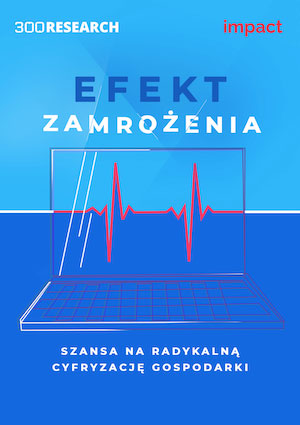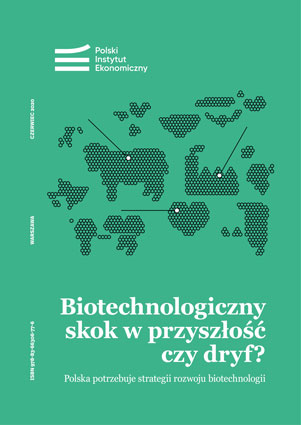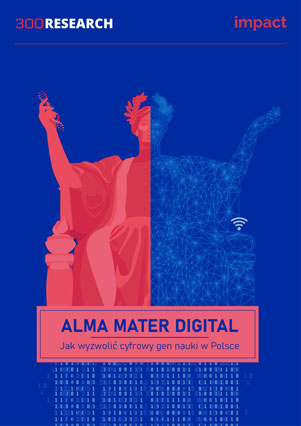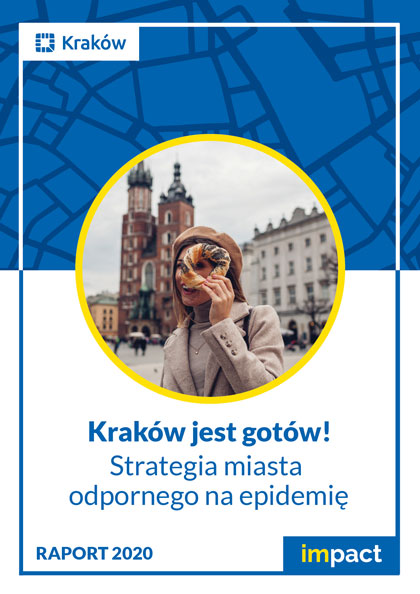Upside of the lockdown: a potential turbo boost in going digital for the Polish economy
- How does the current epidemiological situation affect the digital transformation of the economy in Poland – analysis of selected areas, including banking, e-commerce, automotive and energy industry, services, e-learning and telemedicine.
- Directions for further development – how to make sure that actions undertaken during the pandemic period are continued for the next stage of company and sector development?
- Recommendations – business strategies for the post-pandemic period.
Jerzy Greblicki, Tomasz Serafin – AIUT


Jump into the future or slow drift?
Strategy for Life Sciences in Poland
- Sustainable health financing; what tasks, goals (strategic and operational) does public administration have, and what academia and industry?
- What measures should be taken at regional level to increase the activity of SMEs and biopharmaceutical companies in the field of innovation in health?
- How should we stimulate R&D in life sciences?
- How to build a successful ecosystem connecting science, funding and infrastructure?
- How to effectively manage the health sector?
Paweł Śliwowski – Polish Economic Institute
dr Maciej Drożdż – Virtual Research Institute, Lukasiewicz-PORT
dr Karolina Nowak – Medical University of Warsaw
dr inż. Dorota Andrzejewska – Cardinal Stefan Wyszynski University in Warsaw
David Liebers – Harvard Medical School
Zofia Meissner – ImpactCEE
Digital Alma Mater - unleashing the digital science gene in Poland
The report will justify the urgent need to foster digitalisation in order to educate students facing global challenges. We bring examples, trends and solutions for every realm of higher education system from student online, through digital university, to view on national strategies.
- Virtual campuses and online collaboration
- Open science and academia cooperation
- Case studies: global trends, national strategies and implementations
- The role of public-private partnerships
Joanna Mazur – DELab University of Warsaw


Krakow is ready! The strategy of a pandemic-proof city
This report features an analysis of socio-economic changes resulting from the SARS-CoV-2 pandemic in Krakow and surrounding areas. Its main objective is to present an analysis of the current situation and present best practices and recommendations related to the ways in which local governments can utilizing the potential of entrepreneurs and the local community in fighting challenges caused by the restrictions brought about by epidemic state.
Alexander Barszcz – ImpactCEE
Wojciech Przybylski, Krakow Technology Park (KPT)
- How are Krakow-based entrepreneurs managing during the lockdown and has shutting down the economy impacted the way they do business – highlighting those industries which have lost/gained the most during this time.
- Turning away from consumption in favor of increased personal safety and the rise of digital services in the everyday lives of Krakow’s citizens.
- What actions should Krakow take in order to be perceived by both citizens and tourists as a safe place – one that’s ready for potential dangers.
- Aid packages for local governments in the short and long term. Reviewing the current state of local government in terms of regulations currently being put into place – including discipline in the use of public funds and simplifying the process of ordering/purchasing public goods.

